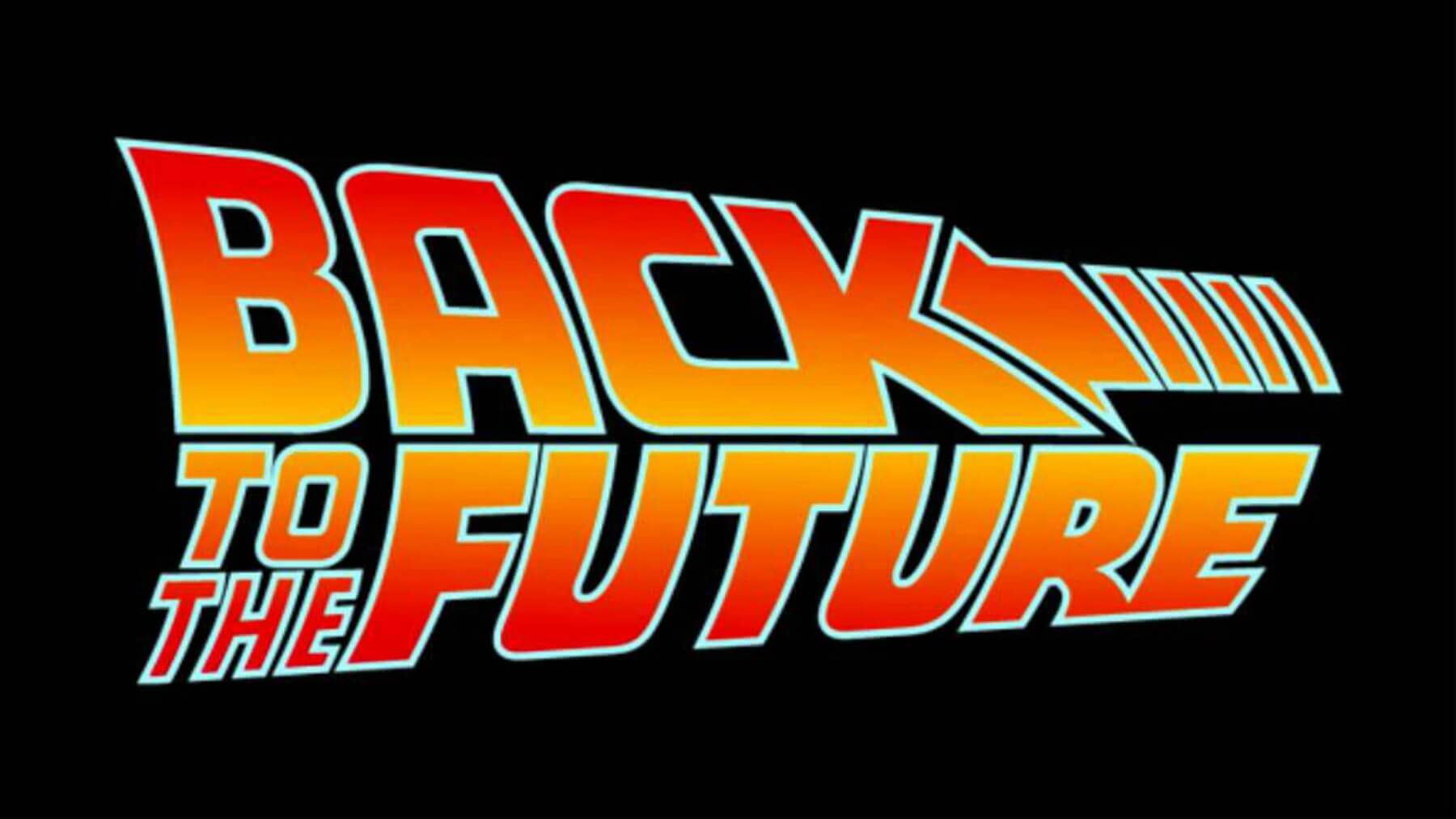By Stephanie Maas, Partner, Banking
Go Back to the Future with Millennial Hires
Banking has a storied history and a firmly entrenched corporate culture. It’s only natural, then, that the hiring practices of both established and emerging financial institutions hark back to the past more than they look to the future.
Hiring managers in the banking industry face greater challenges filling open positions than ever before. This is a twofold problem: many baby boomers are already retiring, and banks traditionally have few entry-level training programs. In other words, our back door is wide open for professionals to leave our industry, but our front door has few people coming in. The time has arrived for our industry to reassess its reluctance to attract and hire millennials, as they’re our best hope for future talent.
Acknowledge the Disconnect
I know from experience that many bankers are hesitant to hire millennials because of the negative (and sometimes inaccurate) stereotypes entertained by clients about their generation — and I used to have those same doubts.
Most successful individuals in banking have been in the industry for many years; they’ve developed careers in a professional culture defined by strict hierarchies that rewarded deference to old-school ways of doing things. They worked their way up from the bottom, and that’s admirable.
But this type of corporate culture makes little sense to the millennial generation. For them, a career in banking often does not appear to offer the quality of life and level of professional fulfillment they seek. In other words, they don’t necessarily share the same mentality as higher-ups in the banking industry, and this means there can be a serious disconnect in the ways that both groups — banking professionals and prospective millennial candidates — see and interact with each other. Only by acknowledging this disconnect can clients overcome their stereotypes about millennials and leverage their full potential in the workforce.
The Truth Is in the Middle
Many traditional banking clients assume millennials are not a good fit for traditional corporate hierarchies; similarly, many millennials assume that they won’t find working in the banking industry rewarding. As it turns out, the truth is that millennials have more to offer the banking industry than most hiring managers realize — and those same companies have more to offer young job candidates than most millennials think.
Unlike many of their generational predecessors, millennials aren’t married to 9-to-5 schedule; they’re always online and are often willing to work odd or extra hours to get the job done. Millennials also value collaboration and teamwork even more than older generations, and they know how to leverage technology to those ends, so you can expect your team’s productivity and efficiency to skyrocket with a few millennials on board. Millennials can add new ideas and fresh perspectives to an industry that many perceive as “stale” or “boring” — as the most innovative and forward-thinking financial institutions already know.
Furthermore, the fact that many millennials don’t plan to stay at one job or in one position for more than a few years — which many clients interpret as a disadvantage — should actually be viewed as a sign of natural business savvy. Faster than the generations before them, millennials have learned that to advance in an often unpredictable business environment, they must know their value and leverage their talents in the marketplace whenever the opportunity arises. Besides, if your firm is open-minded and millennial-friendly, new candidates will always be looking to join.
Make a Smart Investment
The bottom line for hiring managers: give millennials a chance to show that they can add value to your firm. Invest time to learn how to engage them in interviews, harness their talents in the workplace, and bridge the communication gap between generations on your team. Industry veterans and millennial hires alike have so much to teach each other. Time may yet change industry dynamics, but the principles of a smart investment are eternal.



